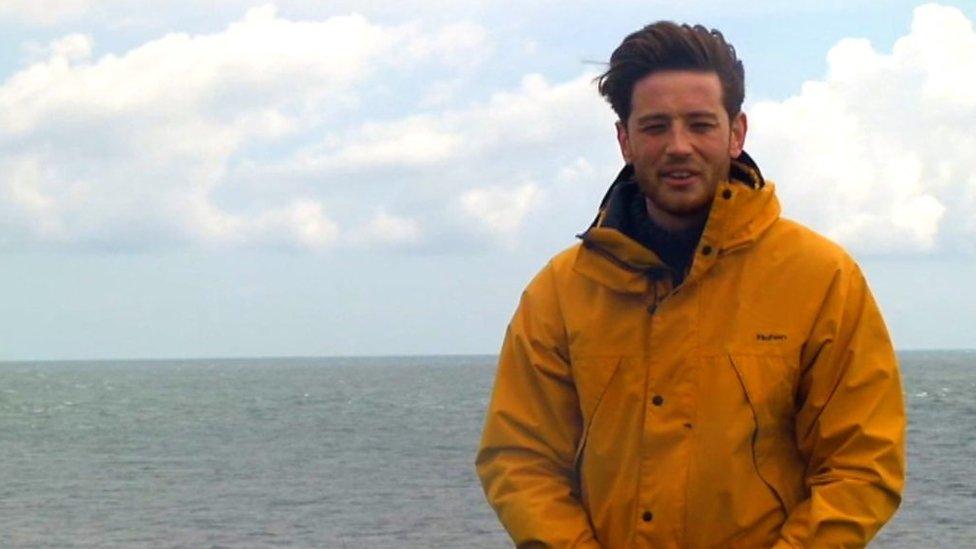Salt museum to get a revamp after £130k grant
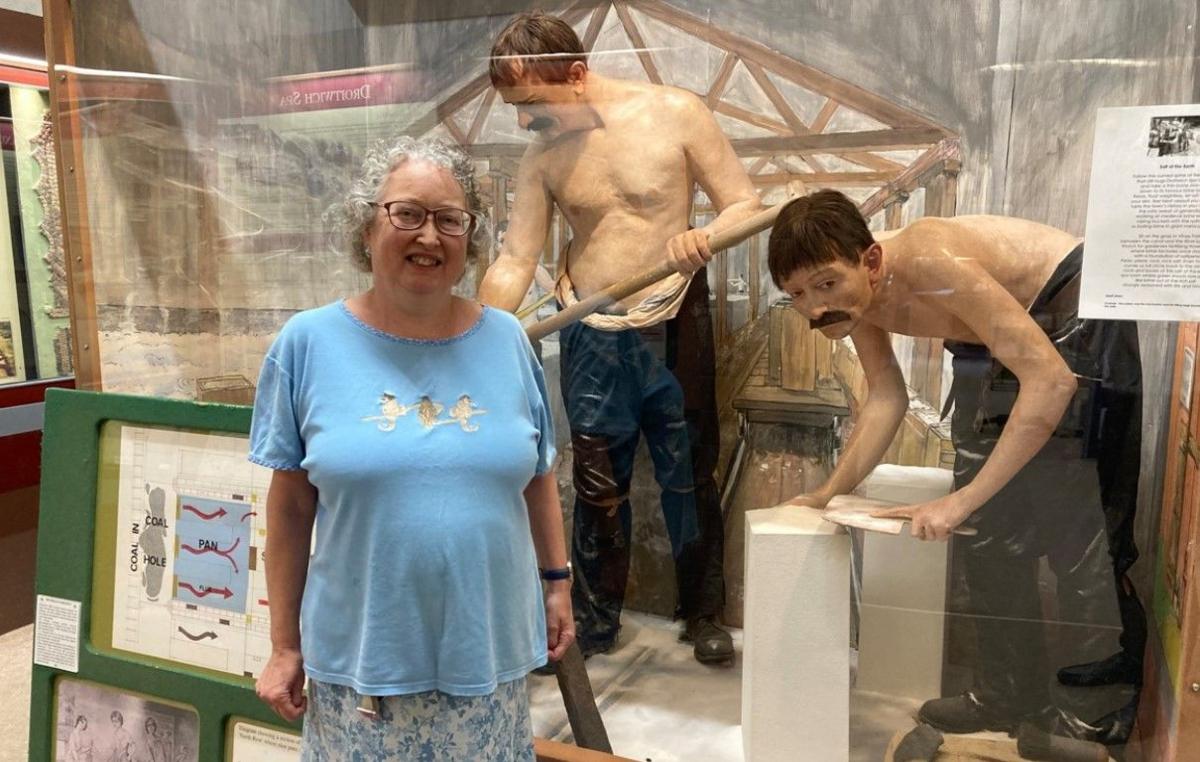
Heritage Centre head Catherine Finn was pictured alongside two giant sculptures of men
- Published
A salt museum is set for a revamp after being awarded a £130,000 grant.
The museum at the Droitwich Spa Heritage Centre explains the history of the town, which became the only salt-water spa town in Britain, from prehistoric times onwards.
Staff at the centre told the BBC they want to "make things more interactive," as the museum had not "really had any investment" since being set up 30 years ago.
The heritage centre is one of six projects to benefit from the final round of Wychavon District Council's Community Legacy Grants scheme, with nearly £1m being given to the schemes.
Staff are looking at getting the revamped museum up and running next year.
Catherine Finn, head of the centre where the Salt Museum is based, said the £130,000 "is to redevelop this museum, reinvigorate the exhibition".
She added: "It's 30 years old now, so we want to sort of bring it up to date, make things more interactive, things for children to turn... more things for people to do."
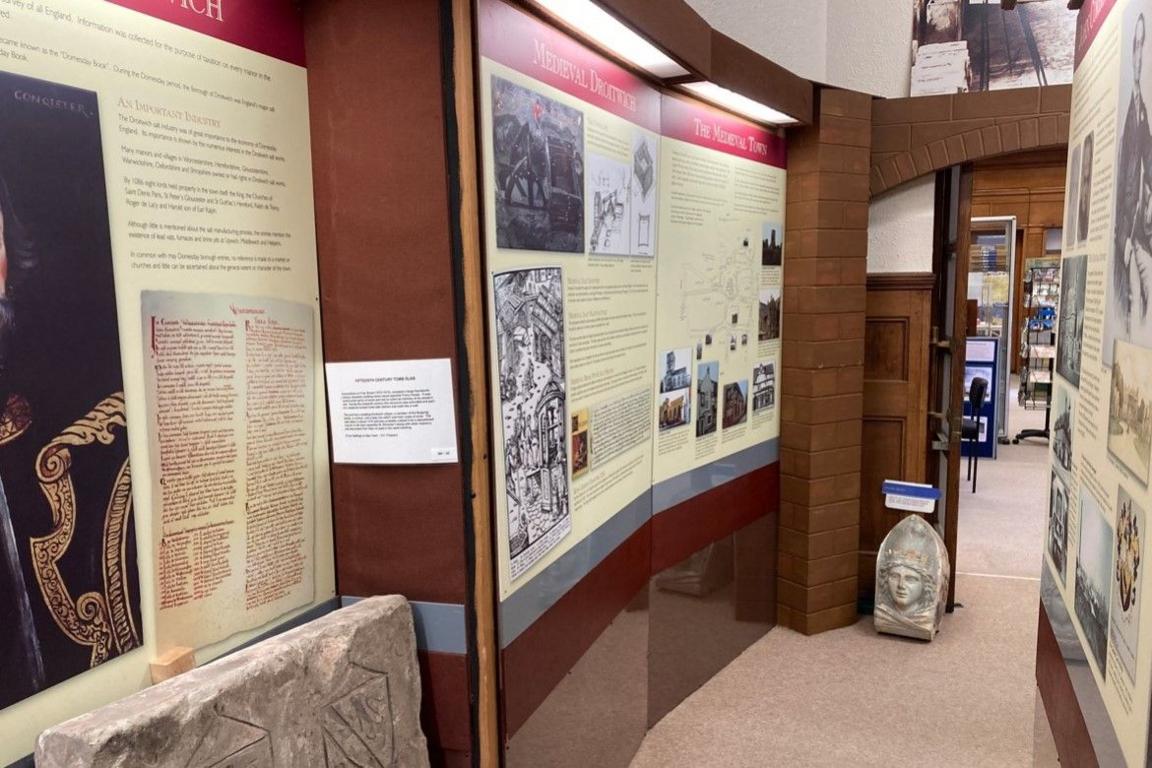
Money would "reinvigorate the exhibition," the centre said
The museum includes two giant sculptures of men, depicting work on salt works at Stoke Prior, as pillars of salt would be created.
Ms Finn said: "There's a pub in Droitwich called The Pillar of Salt and that's because these were pillars of salt which they would then pack into railway carriages, so that they could then be exported to London and all over Europe."
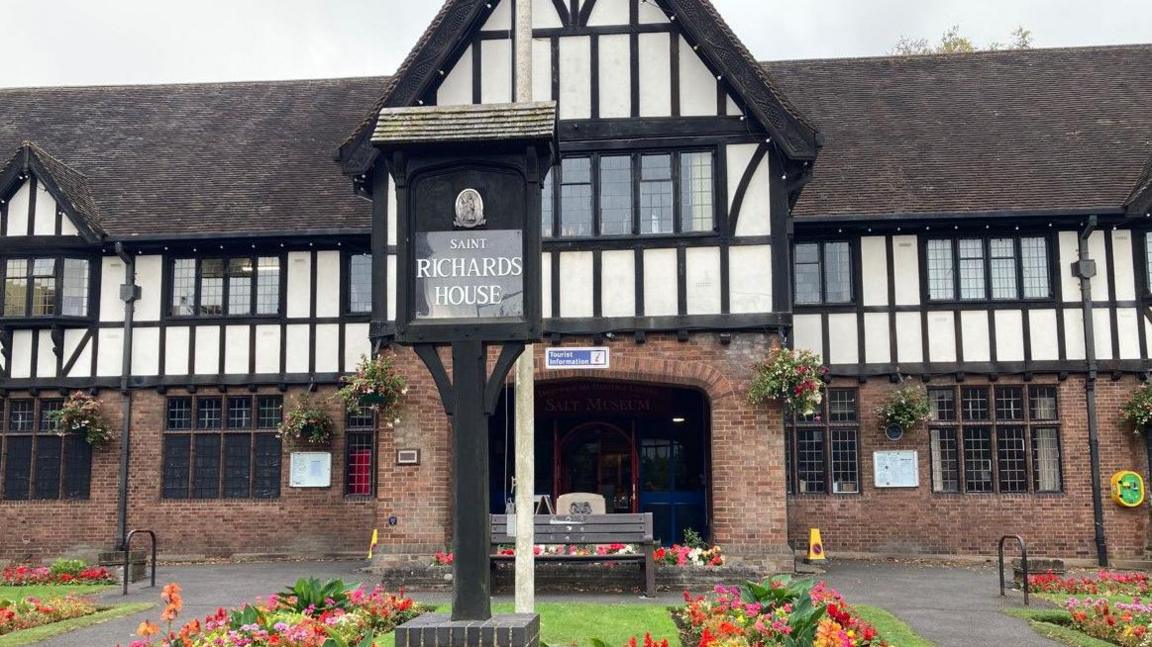
The heritage centre, including the museum, is based at Saint Richards House in Droitwich
She added: "It was really hot work. I mean they worked without their shirts and that's why they've got those cloths around their waist, so... (they) could absorb the sweat."
The museum features smashed and dented pottery that is about 2,000 years old, found when a Roman villa was excavated in around the 1970s, and two Roman human skulls.
Ms Finn said: "We've got reconstructions of what we think they actually looked like."
Follow BBC Hereford & Worcester on Facebook, external, X, external and Instagram, external. Send your story ideas to: newsonline.westmidlands@bbc.co.uk, external
Related topics
- Published24 June 2024
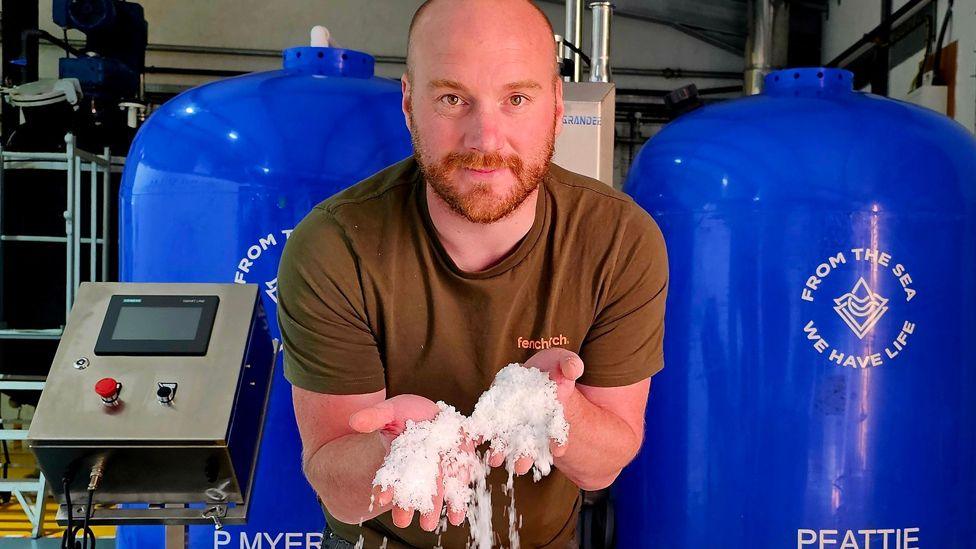
- Published8 June 2018
